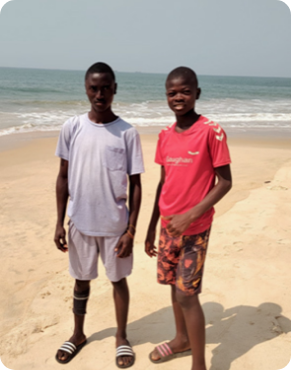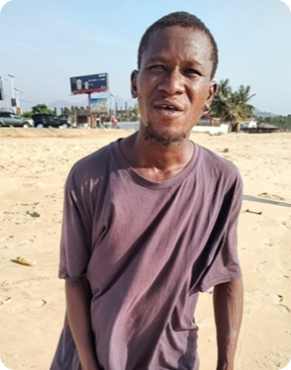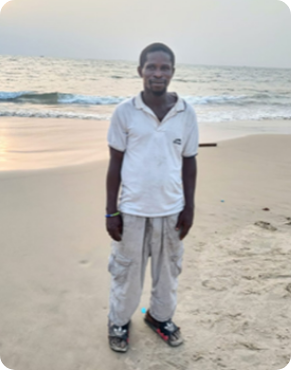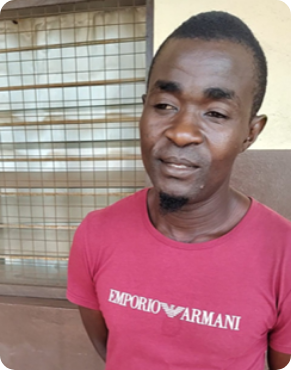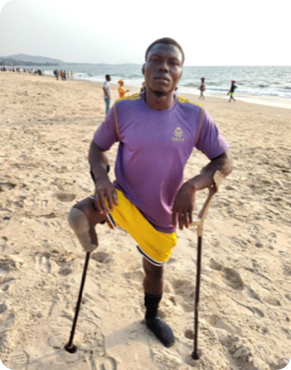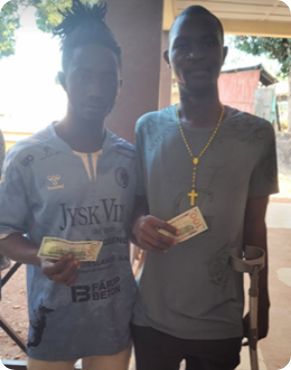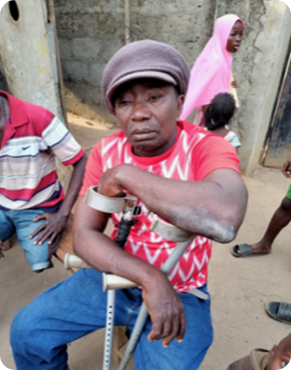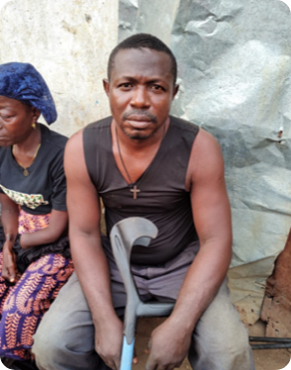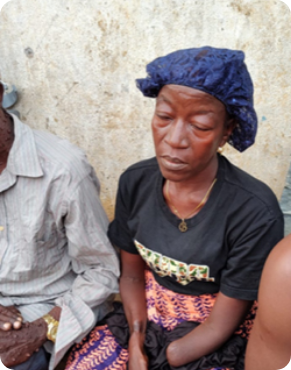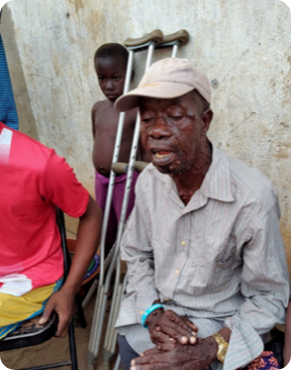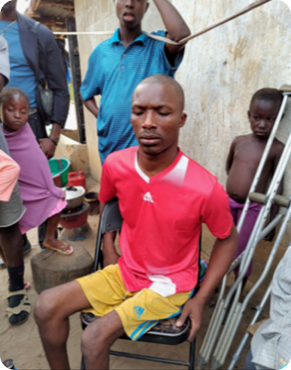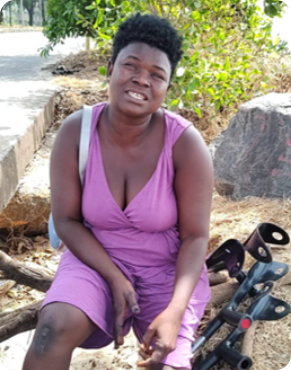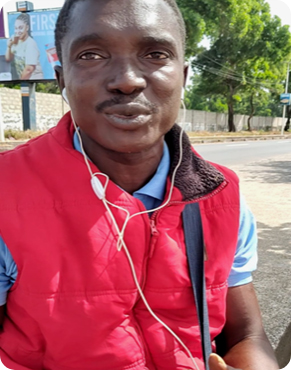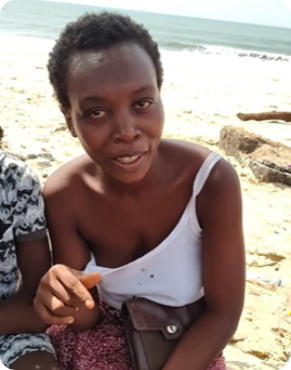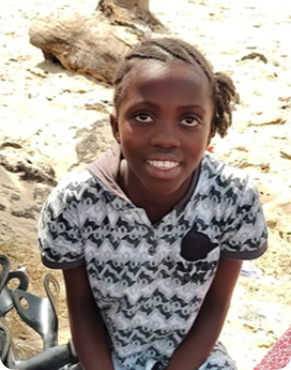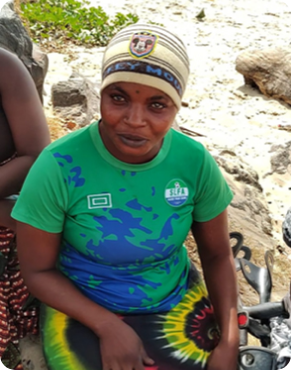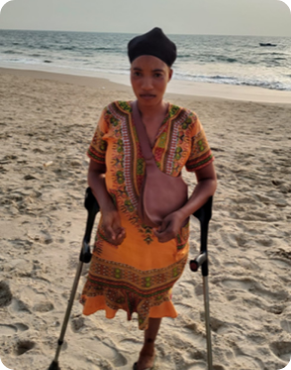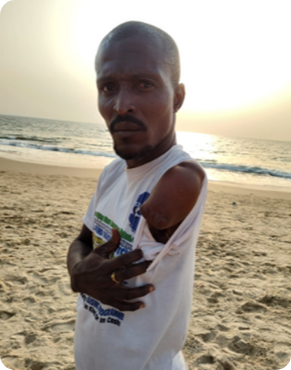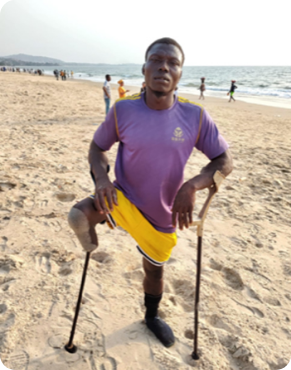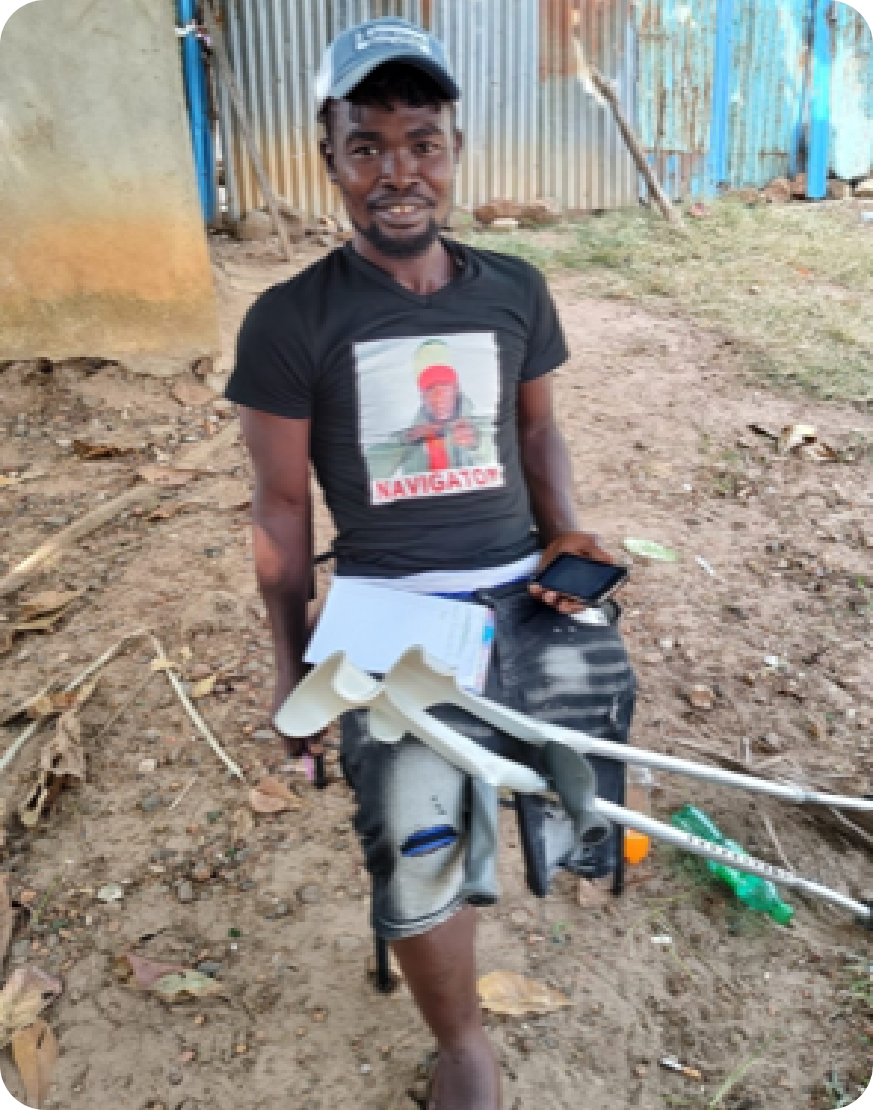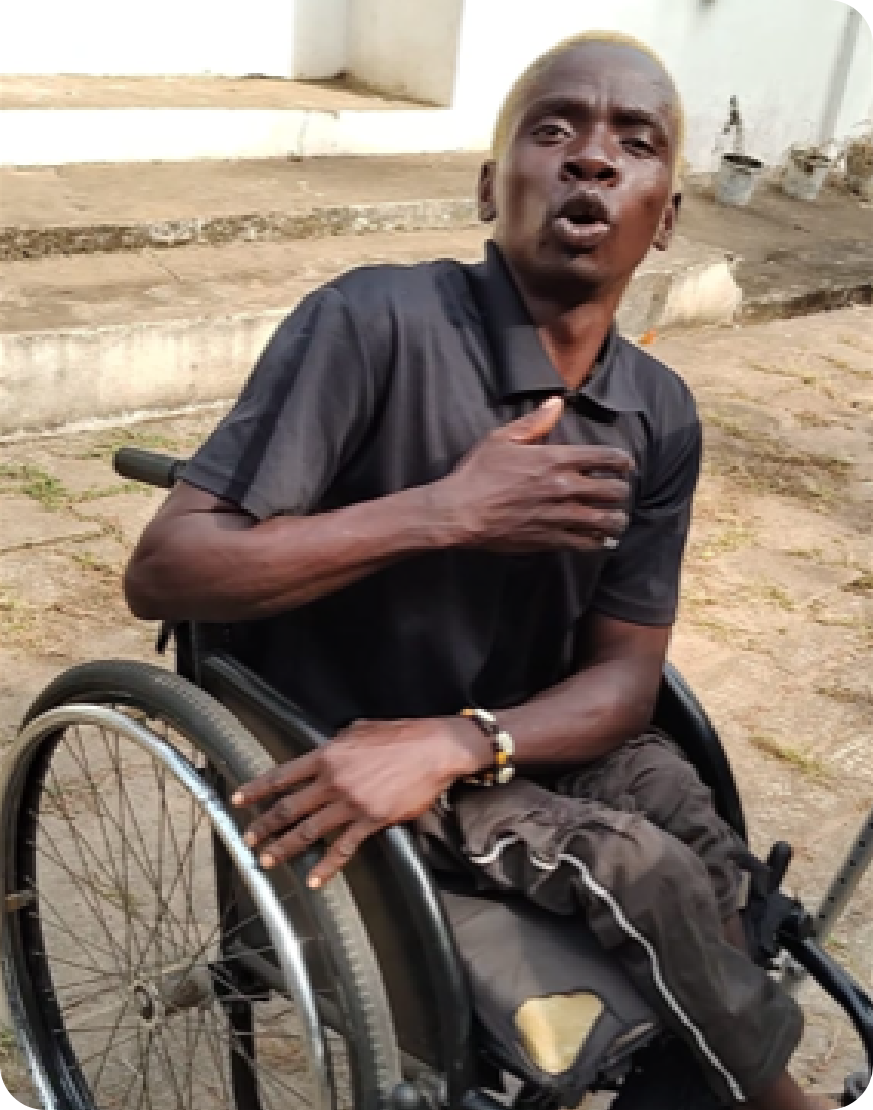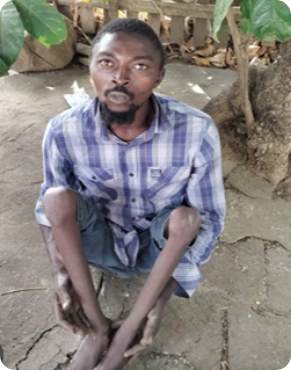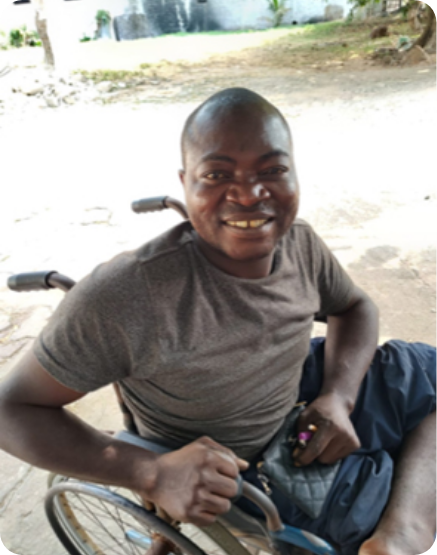Menu
Philanthropy
Mission Statement
The idea of what success looks like is different across the globe and while the past cannot be changed and what happened can’t be undone, a fresh start is possible. Severe emotional and psychological pain persists among most, but at the same time, hopes and dreams can still be achieved. Lee aims to propel those hopes and dreams replacing years of suffering and disappointment with self-respect, hope, happiness, and fulfillment among those most afflicted.
Joshua, a partner at Lee, used his extensive experience in West Africa together with his background in sociology to identify the core problems by listening to and interviewing hundreds of those amputated and most neglected to gather a comprehensive picture of their current situation.
Words From Joshua
My first visit to Sierra Leone and Liberia was emotionally devastating. I had never witnessed entire communities of young, amputated men and women in my life to the degree present there. I had to understand the situation, what had happened and how I could help. This drove me to conduct countless interviews with people from all segments of society and I listened, listened, and listened some more. The message was clear and the overwhelming emotions, the lives, the pain and the potential for hope drove me to the heart of Sierra Leone and Liberia to make impactful change.
Lee’s Story
Sierra Leone and Liberia, together on the coast of West Africa are home to 2 of the poorest countries in the world, but poverty alone is not what makes them unique. Long drawn-out civil wars have left thousands homeless, psychologically traumatized, and amputated. As if that were not enough, decades of broken promises from various organizations including non-governmental organizations have fallen flat leaving those in the worst situations often feeling depressed, cynical, and hopeless.
A common theme among the amputated, disabled, and homeless was the inability to support themselves. Severe stigma pervasive in society at the mere sight of amputates makes it’s difficult for them to secure jobs and in many cases, those amputated lost either one or both parents during the war, meaning often times, a life of begging is the only option available. As attractive as acquiring a prosthetic limb was for most interviewed, the overwhelming message from them was the strong desire to be given a chance in the form of a small business loan to kickstart their businesses or careers and to be able to support themselves and families rather than begging for food and money.
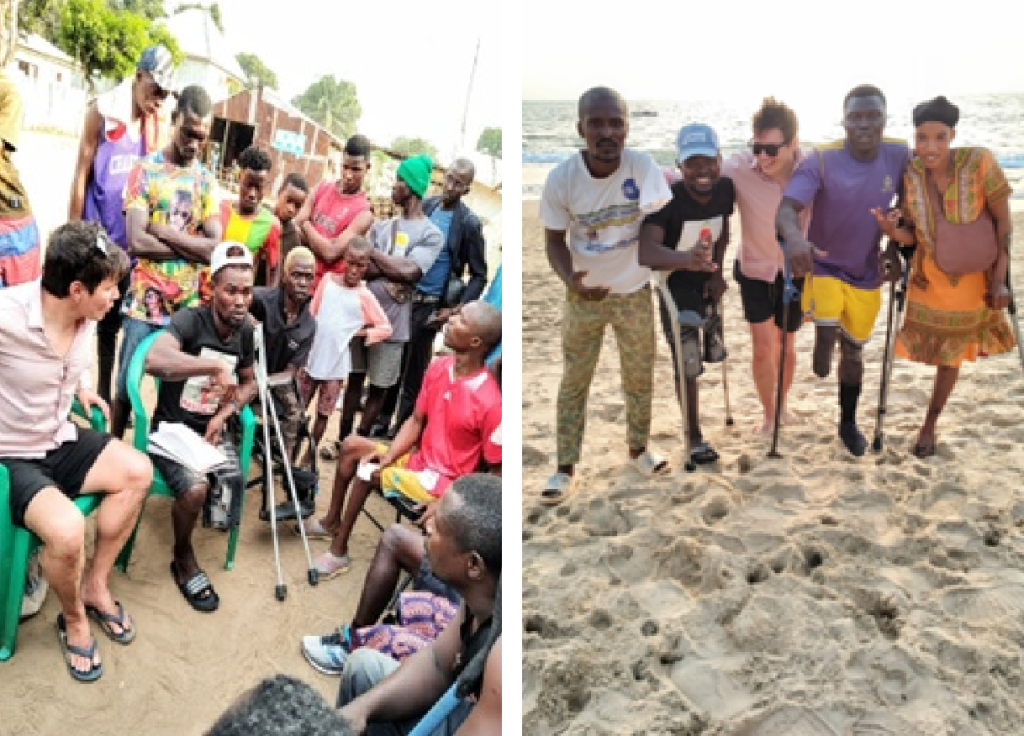
Put simply, they want to work not beg. These loans, while impossible to secure from a traditional bank is known as microlending and Lee does exactly that. Using the loan enables them to get the startup funds to open a small business and to give them at least the same basic respect and dignity as others in society despite the stigma attached due to their physical situation.
For Lee, improving the quality of their lives, giving them the chance to succeed for themselves, and allowing them to feel the self-dignity and respect that creating a successful self-sustaining career offers is the most impactful way to help them now. In addition, Lee has begun purchasing artificial legs for some of those amputated with the goal of improving their lives and mobility.
Hear Their Stories
Loading

